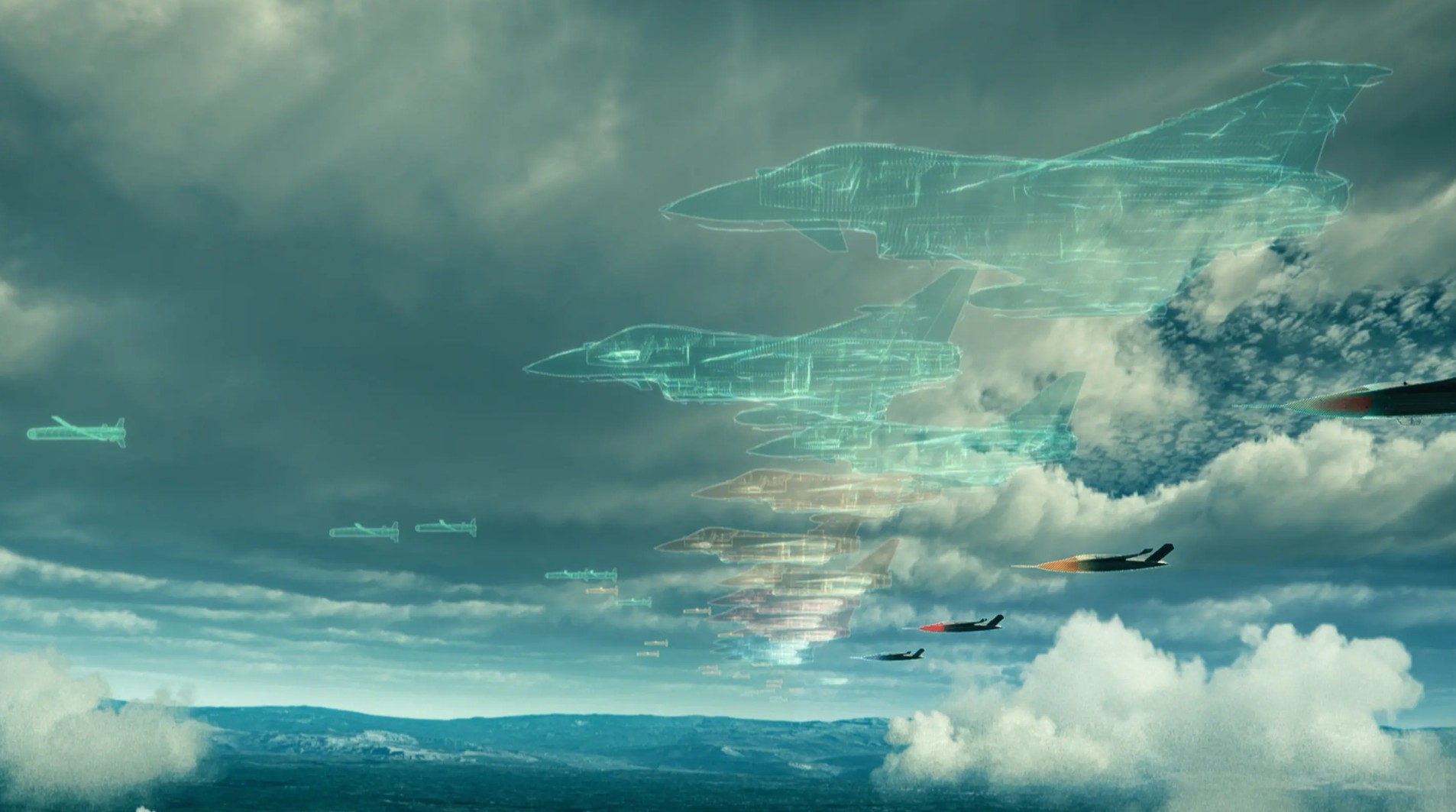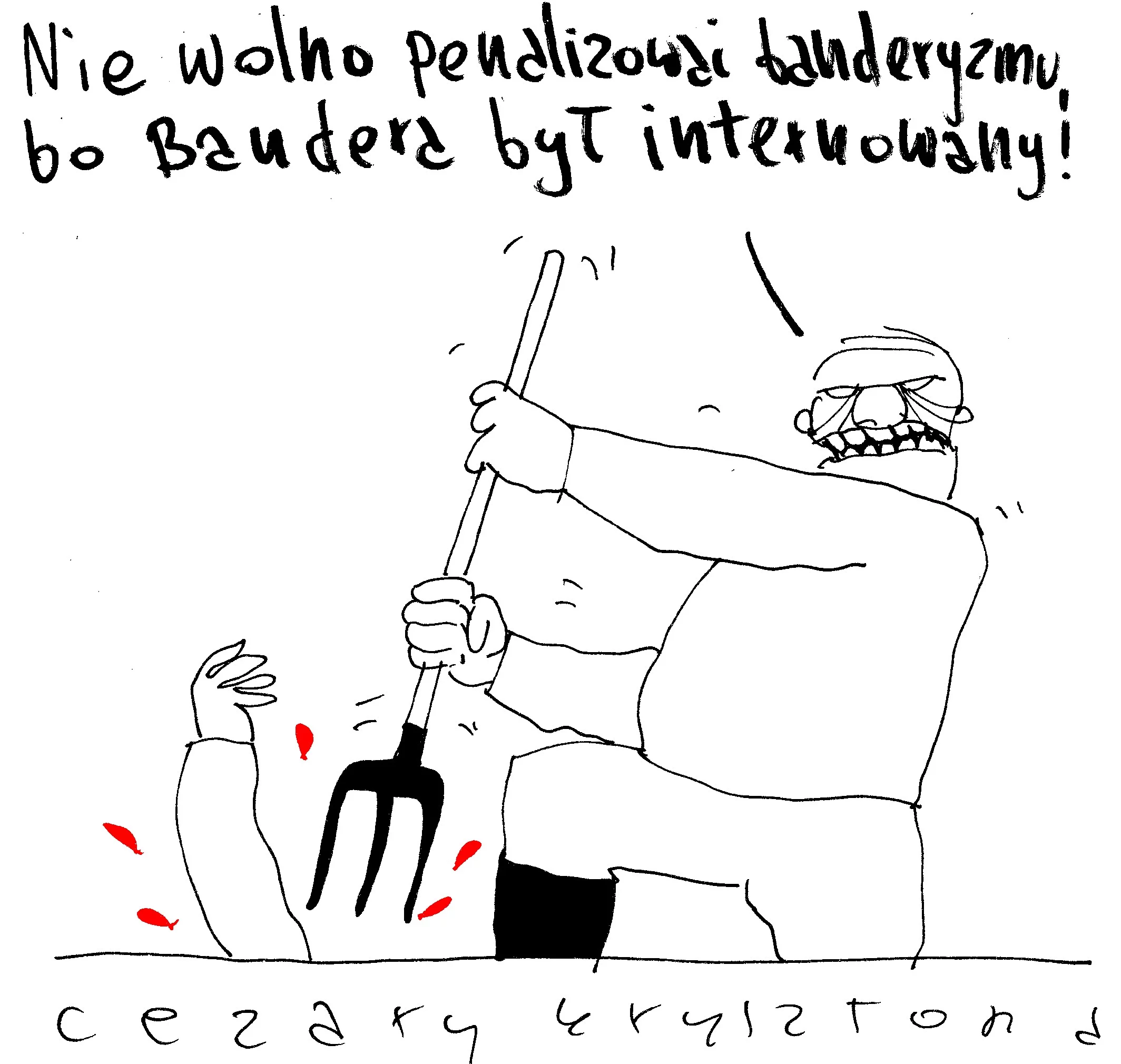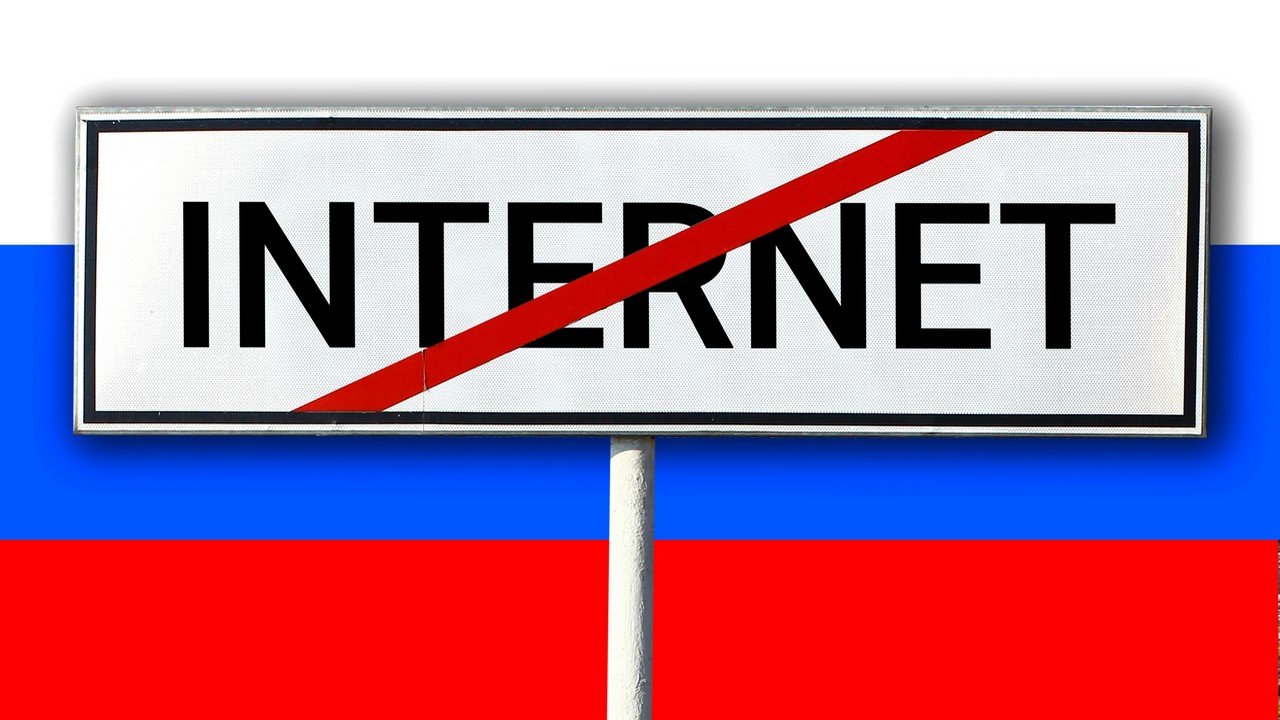Cognitive wars have been going on for years – that's true. 1 of the main weapons utilized in them is misinformation – this is besides true. And it is besides actual that cyber-resistance is the foundation of the broadest understood safety of the state, and technological sovereignty will decide (now decides) sovereignty in many another areas.
But what are the conditions for triumph in these rivalries – or at least to avoid defeat? First of all, what are the costs here? What do we give up, what do we quit to accomplish these goals? And especially, what values do we give up?
The authors of articles collected in this publication of the Civic legislature rightly specify the threats and needs of the Polish state. However, I would like to go beyond, over, these detailed reviews to combine them and show them further consequences.
The wars for technology sovereignty and information safety are not only about equipment and algorithms – it is besides a dispute over what values we are willing to quit so as not to lose.
How to reconcile defence against cognitive offensives with freedom of speech?
And if they cannot be reconciled – is freedom of speech (from the point of view of classical liberalism) not a value far higher than the selection procedures of representatives in a popular vote in high-tech media democracy? And yet this threat, as we have just seen in Romania, is the main motivation for censors to defend democracy: that the free access of unfiltered digital content to voters' minds will give power to democracy into the hands of susceptible professionals in the production and propagation of these content.
I have no uncertainty that we are approaching a situation in which a classical liberal should alternatively fight for the RIGHT to DEZINFORMATION. Not due to the fact that he does not appreciate fact as specified and not due to the fact that he does not see the benefit of having certain and precise knowledge. But due to the fact that the other solution – that is to say, giving to the censors and technologists the right to decide for me what can, cannot, and even MUST scope my head – is the realization of 1 of the most ferocious antiliberal dystopias. It negates the basic condition for the individual to have all another freedoms.
Increasing tension between the US and the European Union against the background of the Digital Services Act (Digital Services Act – DSA) and the execution of censorship against digital platforms shows the difference between the hierarchy of dominant values on the east and western sides of the Atlantic. Of course, there are selfish interests involved. But the differences in values existed before – both systems developed strong narratives describing and justifying their rations. 1 axiology over another cannot logically be argued. You gotta make a choice.
There's not 1 good solution here. The advancement of human cognition and the improvement of technology have created a situation in which all the values we have respected so far cannot be preserved. any will should be laid on the altar of others.
It is impossible to defend freedom of speech and control thoughts – each community must decide which of these values is willing to sacrifice, and what this decision says about it.
Which ones?
The answer to this question will find the nature and ethos of each community.
We should not, therefore, unreflexively introduce censorical solutions simply due to the fact that they have already been developed and written down in the paragraphs; that it is EATIER. If we introduce them – it's due to the fact that we have thought about it and decided: yes, that's who we are, that's our values, and we value freedom of thought a lot less.
Is cyber resilience to be achieved under technological sovereignty?
Or is it not that already basic requirements – capital, infrastructure and the alleged economies of scale – make it essential to give technological sovereignty to smaller entities in the name of cyber resilience? Is it not possible to accomplish cyber resilience only by large (largest) political and economical blocs, alternatively than by countries that are minor?
General Krzysztof Bondaryk writes: "Poland is increasingly undergoing accelerated digital colonization, preferring a subscription approach to security. large corporations present offer a ‘tripak’ – cloud computing, artificial intelligence and cybersecurity. Just buy a subscription and power the cloud with your own data. As a consequence – in cyberspace everyone is either usereither admin. User There may not only be a single citizen, but there may besides be an full state – anyone who renounces jurisdiction over their own cyberspace.”
The technological sovereignty of middle-sized countries present is simply a choice between illusion of control and conscious subordination – actual cyber resilience in a dynamic technology era requires designation of its own limitations and strategical interdependence.
This is simply a correct diagnosis – indeed the Polish political class prefers solutions liberating it from the necessity of self-thinking and strategical subjectivity. But regardless of this disability – can countries like Poland be “admines of cybersecurity” at all? What conditions would they gotta meet? Are these realistic conditions?
This seems to be a reasonably sharp discrimination between static and dynamic technologies. The erstwhile hold their usefulness in the form in which they were purchased and launched. The second make sense only as a front for an ongoing cycle of change – advancement as a rivalry – between different theoretical models and investigation centres. These include, among others, SaaS (Software as a Service), the full AI manufacture and most of the latest military technologies.
States can – and should – safeguard their sovereignty in the field of static technologies, including those which are fraudulently sold as SaaS. This is what Denmark did by replacing Microsoft programs with opensource Linux. Why? due to the fact that I don't want to be blackmailed by Microsoft controlling the key software of the state.
The situation with dynamic technologies is different. Consider the latest example: so-called. Zero-click AI exploits. These are gaps (‘vulnerability’) Undetectable to man – 1 AI hacks another, the man remains completely outside the decision loop, no reaction is required to be hacked (hence ‘zero-click’). The belief that each single country or “craik” will be able to make AI on its own at the highest level (the “border technology”) to sovereignly defend itself against the attacks of the newest AI of the opponent – contradicts any rule of capitalist and technological rivalry that we observe with our own eyes at least since the detonation of the popularity of the GPT Chat.
This straight involves our basic tragic choice – about freedom of speech. AI will necessarily be liable for cyber resilience at the level of cognitive warfare; these ranges cannot be considered in isolation.
Justly, Dr. Martyna Bildziukiewicz writes: “With the support of AI tools, you can rapidly produce quite a few false content, which is increasingly cheaper and better. The future of misinformation and manipulation can be contained in the password: Everything, everywhere, at onceIt’s okay. ”
In a trap with besides small potential?
So who should filter and censor this misinformation and manipulation generated by AI? People will not keep up – even if we hire full armies of censors for this job. This will be a duel of AI systems: any will make manipulation content, others will detect it, block it and make counternarrations.
Do we truly believe that countries specified as Poland, the Czech Republic or Latvia will be able to design, make and keep systems of artificial intelligence that match Chinese, American or Russian? If not – and much indicates that not – then the power to form a image of reality in the minds of Poles will decision beyond the borders of the country. This time not only indirect power, global platforms specified as Google, Facebook, TikTok or Netflix, but besides direct – based on much tougher legal, political and technological bases.
In the era of algorithm wars, the question is no longer whether we will give control of information reality to whom – and whether we will do it consciously or out of helplessness.
Since ancient times, the choice between safety and freedom defines the nature of Western cultures and systems. At different rates, but consistently, all of them from age to age trade individual freedoms in exchange for widely understood security. This trend seems unstoppable.
Let us make these choices with full awareness of their consequences.




![Dyplomacja Siergieja Ławrowa [MAPY]](https://ine.org.pl/wp-content/uploads/2025/09/230.png)









